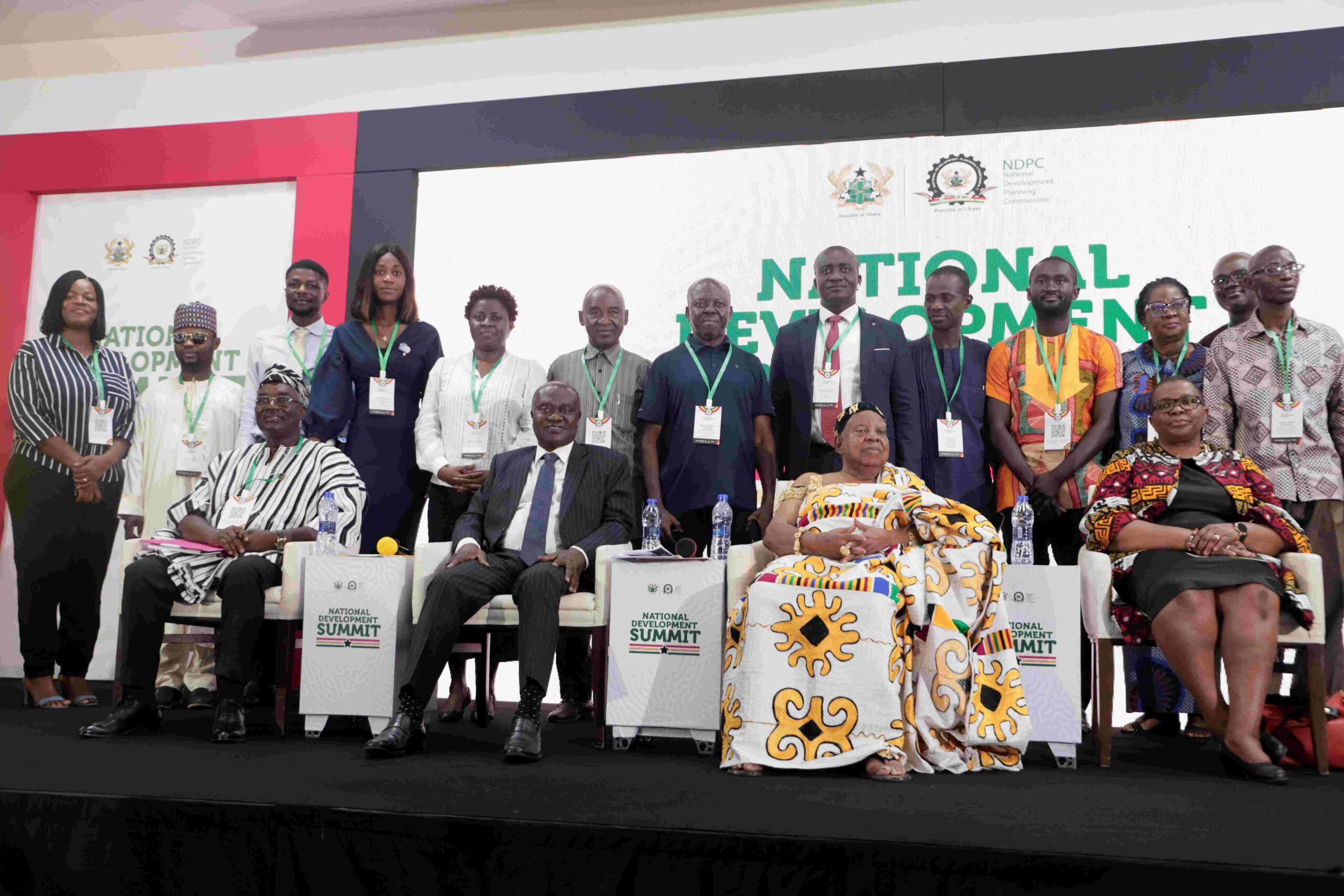
Ghana hosted this year's commemoration event of the Campaign on Accelerated Reduction of Maternal Mortality in Africa (CARMMA).
CARMMA is an initiative of the African Union Commission (AUC) to promote and advocate for renewed and intensified implementation of the Maputo Plan of Action for the Reduction of Maternal and Newborn Health (MNH) in Africa.
CARMMA focuses on four key areas, namely Building on-going efforts and, particularly, on best practices; Generating and providing data on maternal and newborn deaths; Mobilizing political commitment and the support of key stakeholders, including national authorities and communities; mobilizing additional domestic resources in support of maternal and newborn health; and mobilizing communities to let them know that everyone has a role in maternal health and the reduction of maternal deaths; and Accelerating actions aimed at the reduction of maternal and associated infant mortality in Africa.
CARMMA provides additional value to ongoing efforts geared towards further implementation of the International Convention on Population and Development/Programme of Action (ICPD/PoA), Millennium Development Goals (MDGs), Maputo Plan of Action on Sexual and Reproductive Health and Rights in Africa and the Africa Health Strategy. It also complements on-going efforts for resource mobilization at the global level to support the strengthening of health systems including campaigning for the recognition of maternal mortality as a key indicator of a functioning health system.
The driving message was "Africa cares: no woman should die while giving birth" to motivate all stakeholders to ensure that a woman giving birth to another life should not die in that process.
Delivering the keynote address at this year's commemoration event in Accra on Friday, Ghana's First Lady, Her Excellency Rebecca Akufo-Addo, described infant and maternal mortality rate figures in Ghana as unacceptable and a national emergency that required urgent action through social policy.
Mrs Akufo-Addo, therefore, urged legislators to use part of the resources provided for the development of their constituencies to address the emergency.
She also urged traditional, religious and political leaders as well as regional, municipal, metropolitan and district level authorities to prioritize and remain committed to the fight against infant and maternal mortality.
On Female Genital Mutilation (FGM), she said legislation alone was not enough to curb the outmoded traditional practice, citing the Protocol on the Rights of Women in Africa which clearly articulates what government needs to do to address FGM, and ensure the rights of girla and women.
Mrs Akufo-Addo called for a strong political commitment and leadership from responsible government agencies as well as outreach programs to sensitize the general public on the harmful effects of the practice, in addition to ensuring the existing legislation is upheld.
Female genital mutilation is one of the terribly harmful practices suffered by girls as young as four weeks to twelve years.
The practice is detrimental to the health, human rights and development of girls, and robs females of the right over their natural sexual functions, invades their privacy as well as violates the rights to make independent decisions in matters affecting their own bodies.
Apart from the difficulty encountered in sexual activity, women are susceptible to severe pain, excessive bleeding, infection and physiological trauma that may lead to maternal mortality.
In a statement delivered on her behalf, Ms Heather Cameron, Canadian High Commissioner to Ghana and Togo, pledged the continuous commitment and support of the Canadian government to global action for sexual and reproductive health rights and services, and increasing knowledge about family planning.
To that effect, Ms Cameron disclosed that Canada was supporting better outcomes in maternal and child health care with 15 million Canadian dollars from 2017 to 2020.
She said there was the need to celebrate successes achieved under the CARMMA initiative and learn from the negative experiences.
Mabingue Ngom, Regional Director, West and Central Africa, United Nations Fund for Population Activities (UNFPA), stressed the need to scale up initiatives that would ensure the process of women empowerment in the country and the continent as a whole.
AUC Chairperson, Moussa Faki Mahamat, called for the consolidation of the gains made under the CARMMA initiative.
On his part, Amira Elfadi, AU Commissioner for Social Affairs, said the vision of an integrated, prosperous and peaceful Africa could not be achieved without investment in the health of women and children.
Dr Timothy Abuya, in a presentation, said Advocacy for the reduction in maternal and new-born health should be situated within global & regional strategies.
Mrs Otiko Afisah Diaba, Minister for Gender, Children and Social Protection, urged Member States of CARMMA to recommit to addressing gender equity, protecting and empowering young girls and women within the context of Africa's Agenda 2063 and the 2030 Agenda for sustainable development by fighting all forms of gender-based violence and eliminating harmful practices, including FGM.
The Minister for Health, Kweku Agyeman-Manu, pledged the determination of the Health Ministry to focus attention on adequate resource allocation and channeling the resources appropriately to achieve results.
Welcoming participants to the meeting, Dr Afisa Zakariah, Chief Director, Ministry of Health, said the fight against maternal mortality and newborn health remained a priority for health institutions and underscored the importance of the role of First Ladies in that fight.
It was for this reason, Dr Zakariah said, that Ghana's First Lady, Rebecca Akufo-Addo, should be commended for mobilizing funds for the completion of the construction of the Maternal Health Unit at the Komfo Anokye Teaching Hospital at Kumasi.
She identified the need to review recruitment and training policy as well as monitoring and supervision as essential ingredients in the fight against infant and maternal mortality.
Developing countries account for 99% of the global maternal deaths with the rest of Africa excluding North Africa accounting for 62%.
In Ghana, Maternal mortality has fallen, from 760 to 380 maternal deaths per 100,000 live births between 1990 and 2013, and was projected to fall further to 358 per 100,000 live births in 2015; but the figures are still higher than the Millennium Development Goal (MDG) 5 target of 190 maternal deaths per 100,000 live births.
All countries with high maternal mortality ratios deserve support from the UN system and international development partners to amass efforts against maternal mortality. In view of the multi-sectoral responses and multi-agency partnerships required to address maternal mortality reduction, the launch of CARMMA and other efforts to address maternal mortality ought to promote inclusive participation of all necessary stakeholders from governments, UN agencies, other development partners, NGOs, including community institutions and organizations, professional associations, schools and health training institutions and the media.
CARMMA or similar efforts should, therefore, be a country-driven and country-owned action. This means efforts should be made to ensure that CARMMA reaches every community and everyone. The efforts require follow-up actions for every CARMMA launch, with dedicated implementation and monitoring of progress.
Source: ISD (G.D. Zaney)
Read Full Story























Facebook
Twitter
Pinterest
Instagram
Google+
YouTube
LinkedIn
RSS